Bergamot isn't new to the supplement world, nor the medical field for that matter. Countries in the Mediterranean region have known about the bergamot orange and its oil for several centuries. In this article, we'll discuss the use of bergamot as a dietary supplement (generally as a lipid management supplement), but will also touch upon research in its role as a stress-relieving aromatherapy.
Available as essential oils or fruit extract supplements
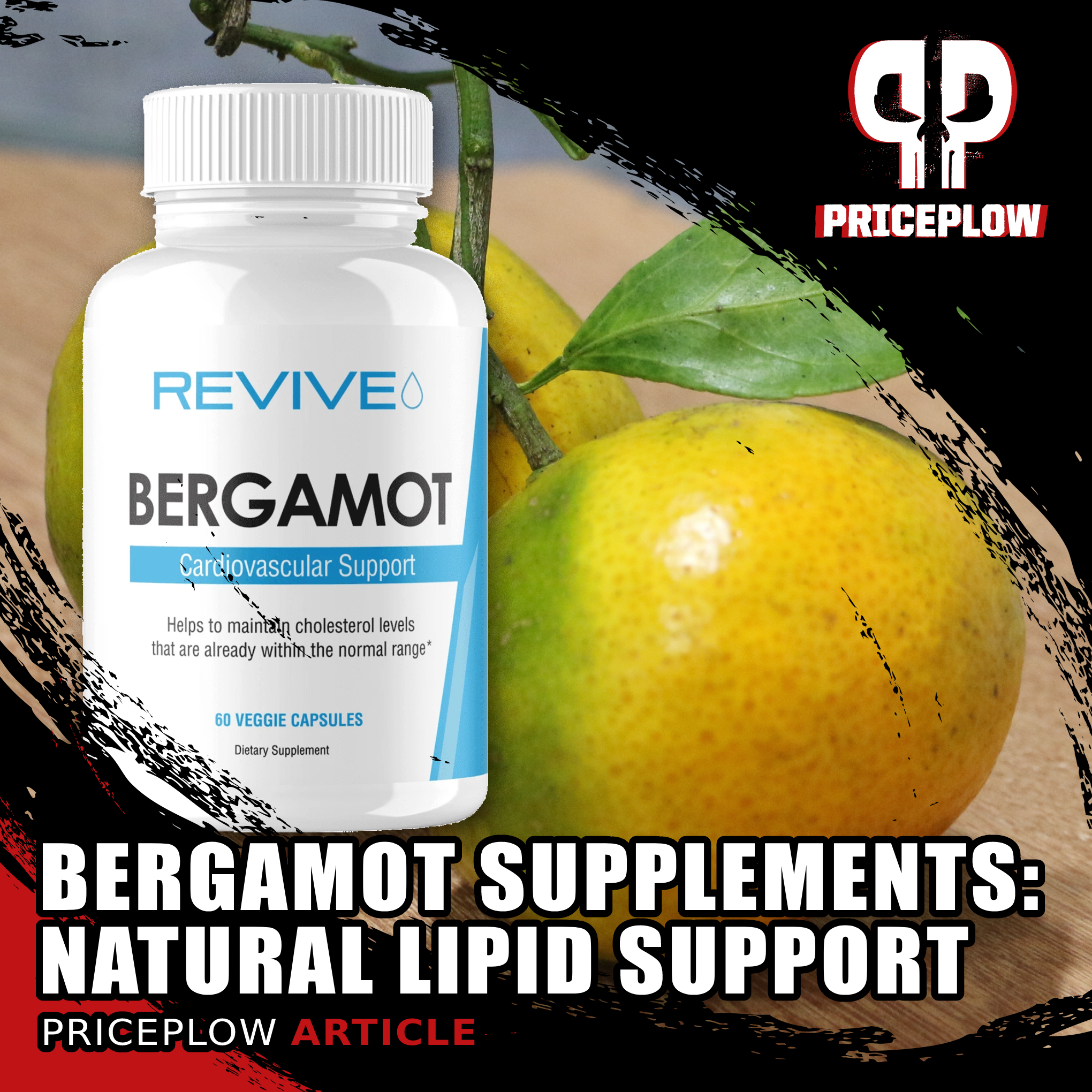
Meet Bergamot, a sour citrus fruit whose aromatherapy has stress-relieving benefits and fruit extract has lipid lowering capabilities
Bergamot oil has several purported uses, such as lowering cholesterol, easing stress / anxiety, and is even studied against depression. In supplemental form, it may protect against diabetes and heart disease, aid in weight loss, reduce pain, and assists in proper digestion. Outside of health and wellness, it's a natural deodorant and air freshener. While research has shown that bergamot oil is a viable choice to assist in lowering cholesterol, there are also many supplements using whole fruit extracts, and it's important to differentiate the research between the two.
Below, we get into some research regarding how bergamot is used to lower cholesterol and whether the ingredient may be a solution for what ails you. You can also sign up for PricePlow's bergamot supplement alerts to get notified when there are new products or price drops:
Revive MD Bergamot – Deals and Price Drop Alerts
Get Price Alerts
No spam, no scams.
Disclosure: PricePlow relies on pricing from stores with which we have a business relationship. We work hard to keep pricing current, but you may find a better offer.
Posts are sponsored in part by the retailers and/or brands listed on this page.
This area is reserved for Team PricePlow's upcoming Ingredients video.
Subscribe to our channel and sign up for notifications so you catch it when it goes live!
What is Bergamot?

Known as "Sour Orange", Bergamot fruit extracts possess some very interesting effects on lipid profiles
"Bergamot is a fragrant, sour-tasting citrus fruit from the tropical, Citrus bergamia plant."[1] Technically, it's a hybrid of a bitter orange and a lemon in the Rutaceae family that comes from Italy,[2] is not sweet, and looks more like a lime. Bergamot fruit has been used in Earl Grey tea for flavor and aroma, and the oils have been used in perfumes, colognes, and scented soaps. Bergamot contains vitamin C, potassium, vitamins B1, B2, and A. According to the 2021 Farmers' Almanac, the zest and flesh of the fruit are also used "as a flavoring in cookies, custards, marmalades, syrups, and cocktails."[1]
Bergamot Benefits
In the supplement space, bergamot extract is most well-known for its ability to lower cholesterol, but there is also research demonstrating weight loss, liver protection, and anti-diabetic properties. Those studies are discussed below, but first, we quickly run through the essential oil benefits:
-
Bergamot essential oil benefits
Bergamot essential oil (BEO) has several bioactive molecules that may bring other health benefits.[3] It's important to note that not all claims seen on essential oils are backed by scientific studies, but several of them are:
-
Can ease stress and anxiety, lower cortisol, and improve mood[4-9]
-
Anti-inflammatory[10]
-
Anti-microbial[10-14]
-
Demonstrates neuroprotective activity[15-17]
-
May reduce pain[18-20]
While the above studies are of interest to many in the aromatherapy space, our focus is on the supplemental use of the plant's fruit and rind extracts, taken orally:
-
-
Bergamot Dietary Supplement Research
The main purported benefits of bergamot supplements are that they may lower cholesterol and have a potential effect on weight, diabetes, and liver health.
The best place to begin your search for cardiovascular benefits of bergamot is in the review titled "Clinical application of bergamot (Citrus bergamia) for reducing high cholesterol` and cardiovascular disease markers,"[21] by researchers from the University of Illinois at Chicago. This is a clinical review of several studies where the researchers worked to understand the different forms and doses of bergamot and their effectiveness in reducing LDL cholesterol and total cholesterol in patients with hypercholesterolemia.
-
Study #1 (Mollace 2018): A randomized double-blind placebo-controlled study evaluated bergamot (created from bergamot juice extract) for lowering hyperlipidemia. Results suggested that bergamot extract significantly improved cholesterol levels after 30 days.[22]
-
Study #2 (Toth 2016): An open-label clinical trial tested bergamot extract in 80 participants (42 men and 38 women, ranging from ages 42 to 68) with moderate hypercholesterolemia. The study authors observed that bergamot-derived extract decreased total cholesterol from 255 to 224, LDL from 159 to 132, and triglycerides from 159 to 133. The researchers also observed increased HDL, from 50 to 54.[23]
-
Study #3 (Babish 2016): A 12 week observational, one arm study was conducted with 11 subjects (3 males and 8 females, aged 38 to 65 years). The researchers evaluated a combination of nine plant extracts, including bergamot fruit extract. The results showed a reduction of total cholesterol by 7.3%, a reduction of LDL by 10%, as well as apolipoprotein B by 2.8%.[24]
It's important to emphasize that this study combined several other phytoextracts, and would be difficult to reproduce.
There's far more bergamot research studies than you'd expect, and nearly all of it has some kind of positive outcome![25]
Study #4 (Gliozzi 2013): This placebo-controlled study of 77 subjects with elevated LDL and triglycerides was used to determine if it was safe to combine bergamot with a known drug. The researchers found that a combination of rosuvastatin and bergamot polyphenol fraction (BPF) were safe when taken together for 30 days.[26]
-
Study #5 (Mollace 2011): A three month randomized double-blind placebo-controlled clinical trial evaluated 500 and 1,000 milligrams of bergamot per day for reducing total cholesterol and LDL, and increasing HDL. The study included 237 subjects. The results showed a reduction of total cholesterol by 20% with 500 milligrams and 30.9% with 1,000 milligrams of bergamot extract. LDL was reduced by 23% with 500 milligrams and 38.6% with 1,000 milligrams. HDL increased by 25.9% with 500 milligrams and 39% with 1,000 milligrams.[27]
Interestingly, thirty two volunteers experienced statin toxicity. Prior to the study the 32 subjects had stopped taking statins for two months. After the researchers administered 1500 milligrams of BPF for 30 days, total cholesterol went down 25% and LDL by 27.6%, with no reports of statin toxicity.[27]
Additional reviews show similar information with regards to weight, cardiovascular morbidity, and anti-inflammatory activity in both humans and animals:[25]
-
-
Weight Loss with bergamot?
In terms of weight loss, there was not enough improvement at the 500 milligrams/day level,[28], but there was significant success in both body weight and body mass at 1000 milligrams/day.[29]
For this reason and several others, 1000 milligrams/day is the suggested dose (two caps at 500 milligrams each) of the tested and trusted supplement discussed below.
-
Liver protective in animals
In addition, animal models have shown anti-inflammatory and anti-diabetic activity with relation to NAFLD (non-alcoholic fatty liver disease),[30] a major problem in Western societies due to our processed food supply rich in highly-inflammatory omega-6 polyunsaturated fats from seed and vegetable oils combined with an abundance of fructose-based processed carbs. Other studies confirm a reduction in hepatic steatosis as well,[31] leading us to believe that bergamot should be studied in NAFLD in humans as well.
Both of the animal studies above also demonstrated statistically significant weight loss.
These studies demonstrate that bergamot is more than just a useful essential oil and tea flavoring -- it may be used as a successful lipid-lowering agent that could even be used to assist in decreasing the known side effects of statins. We see a strong future for this ingredient given the pervasiveness of NAFLD and metabolic sickness.
Recommended Bergamot Supplements
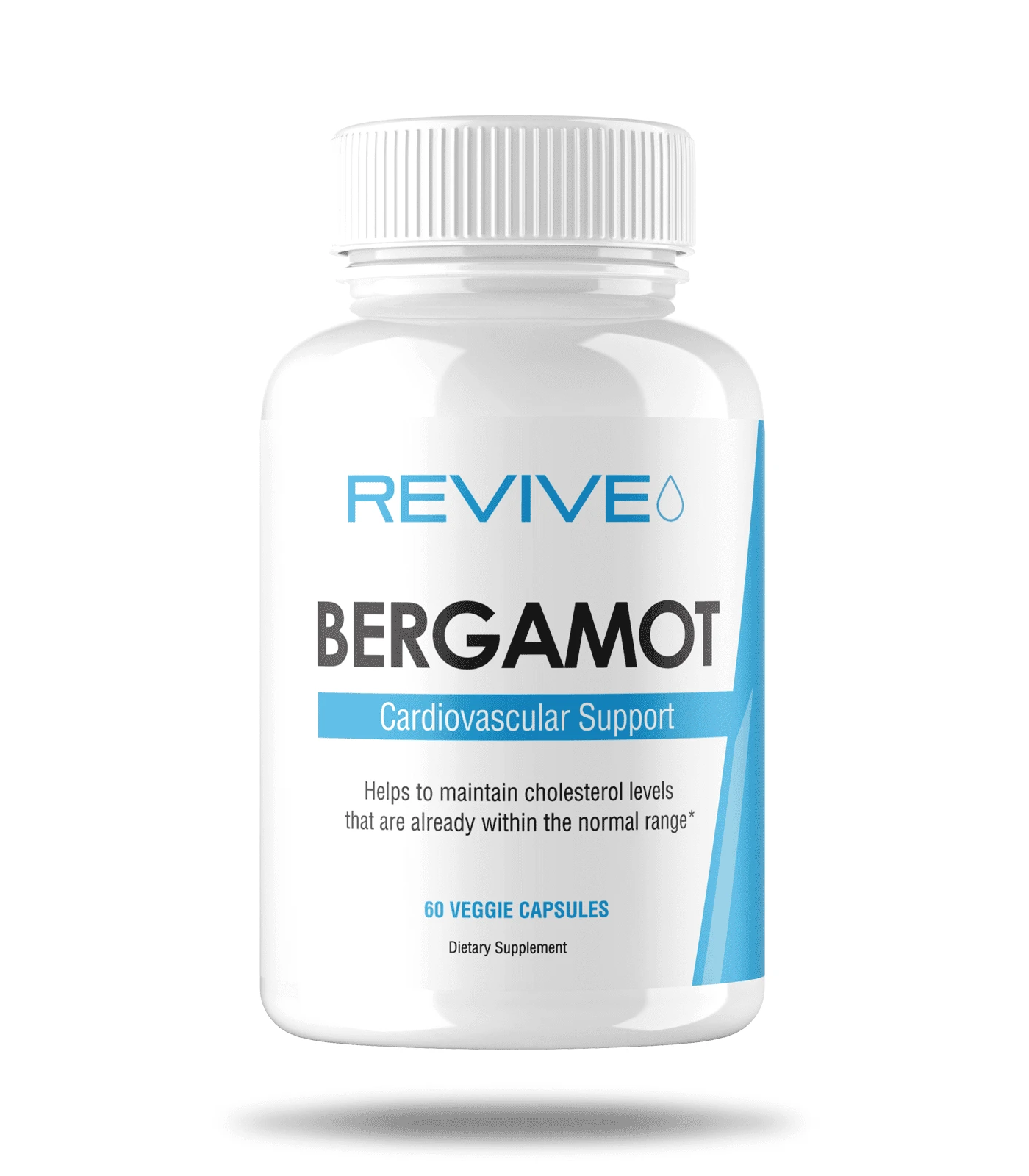
Tested for purity and amplified with AstraGin and BioPerine, there's no other bergamot supplement we trust more than Revive MD Bergamot
When looking at bergamot supplements, the simple answer is to get the one from a brand that is third-party lab-tested and demonstrated to be free of adulteration or banned substances for drug-tested athletes.
-
Revive MD Bergamot
The brand with both of these attributes is Revive MD, whose Revive MD Bergamot is thoroughly tested to meet label claims. This supplement is organic and rich in several phenolic compounds and also contains the patented ingredients AstraGin and BioPerine to improve absorption and uptake.
Each two capsule serving of Revive MD Bergamot contains 1g of Bergamot Orange Extract (Citrus bergamia (Fruit) (Bergamonte)) alongside 50 milligrams AstraGin and 10 milligrams BioPerine.
Revive MD Bergamot – Deals and Price Drop Alerts
Get Price Alerts
No spam, no scams.
Disclosure: PricePlow relies on pricing from stores with which we have a business relationship. We work hard to keep pricing current, but you may find a better offer.
Posts are sponsored in part by the retailers and/or brands listed on this page.
You can read about Revive MD's BSCG certification process for more information on the third-party testing.
See also Revive MD Lipid and/or Glucose
Two other Revive MD supplements contain bergamot fruit extract as part of a greater formula. They cost more, but bring even more benefits in their respective target niches. They are Revive MD Lipid (an overall lipid management supplement that goes beyond what's covered with bergamot) and Revive MD Glucose (an incredible blood sugar support supplement).
Potential Side Effects?
The oral supplement studies above report no severe side effects by users who take the different forms of bergamot as directed. However, some mild side effects have been noted, especially when it comes to the bergamot oil, which may lead to skin discoloration and sensitivity to sunshine.
In terms of oral bergamot supplementation, heartburn is the most common side effect.
Warnings
- Bergamot is not recommended for pregnant or breastfeeding women.
- It's not recommended for children to take in large amounts.
- Bergamot may decrease blood sugar levels, which could be dangerous for people with diabetes that are not fat adapted.
Conclusion
Diet and exercise are always best, but it's helpful to see safe and natural alternatives to assist in reaching our metabolic goals. Bergamot, which comes in many forms from essential oils to juice extract, has shown promising results in reducing cholesterol as well and some improvements in mood states when used as an essential oil.
Our readers are generally most interested in supplemental forms, which will bring the conversation towards lipid management. It's always best to use diet to achieve high HDL and low triglyceride levels, but when in a highly inflammatory environment like many of our readers are in, we believe in safely controlling LDL as much as reasonably possible as well.
With their free blood work initiatives, doctors, and lab-tested supplements, Revive MD makes lipid management as painless as possible - but you'll still need to put the work in to improve.
Revive MD Bergamot – Deals and Price Drop Alerts
Get Price Alerts
No spam, no scams.
Disclosure: PricePlow relies on pricing from stores with which we have a business relationship. We work hard to keep pricing current, but you may find a better offer.
Posts are sponsored in part by the retailers and/or brands listed on this page.
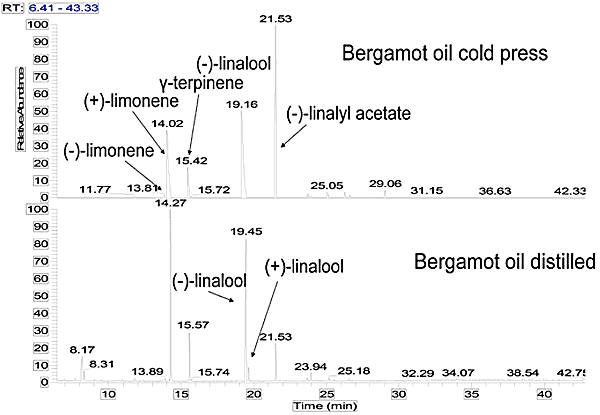
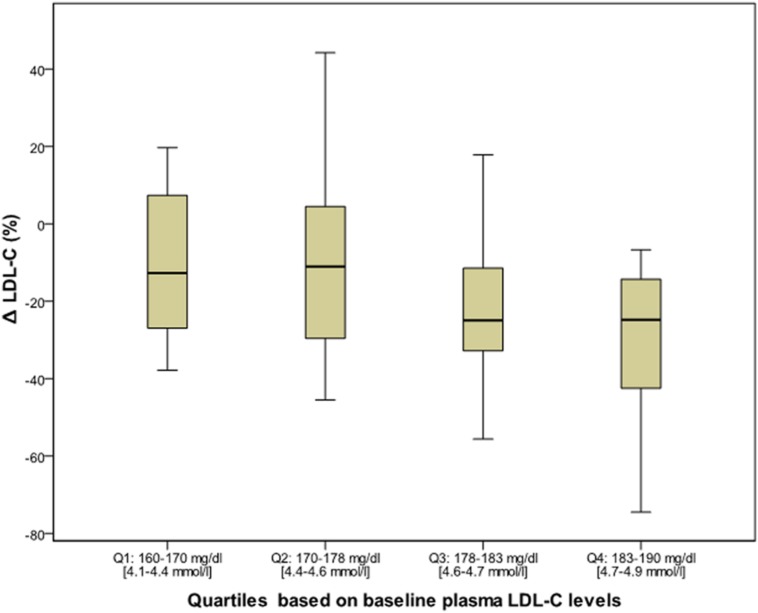
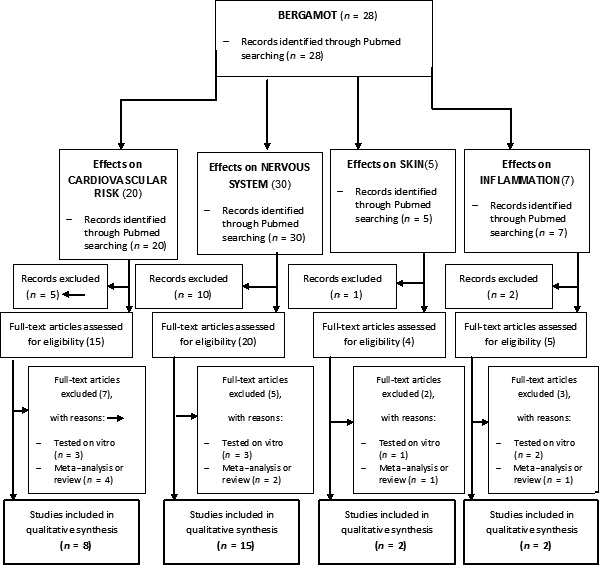
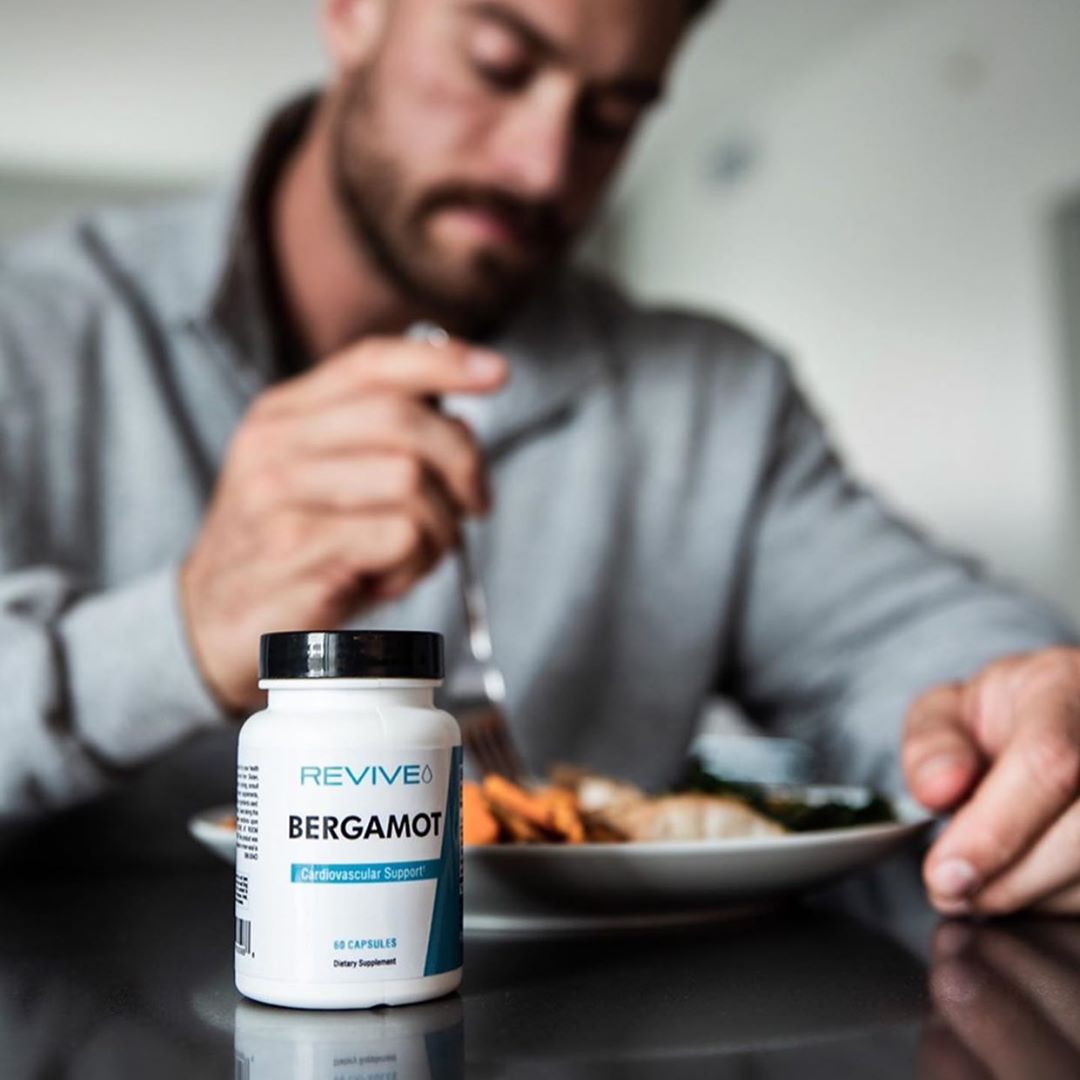
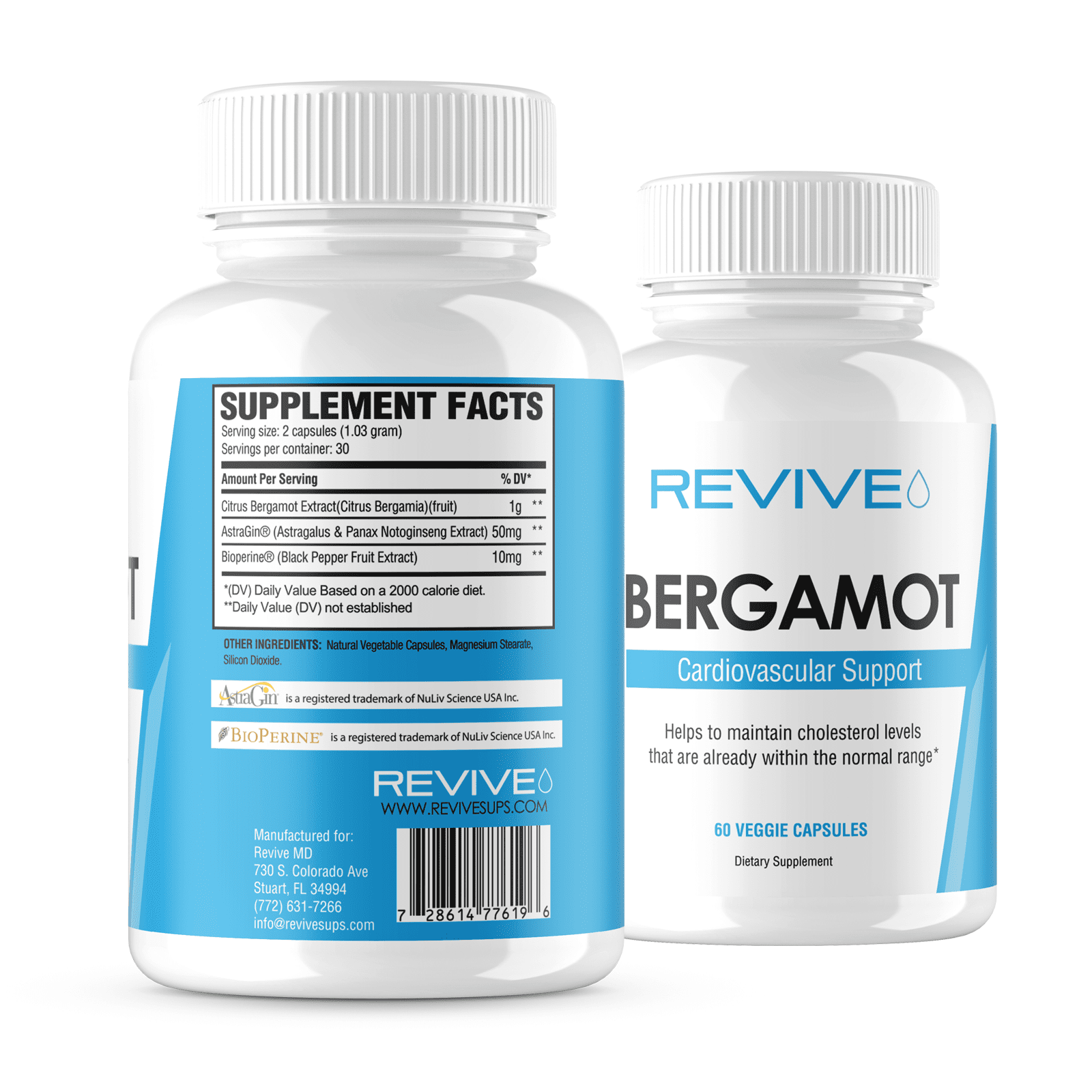
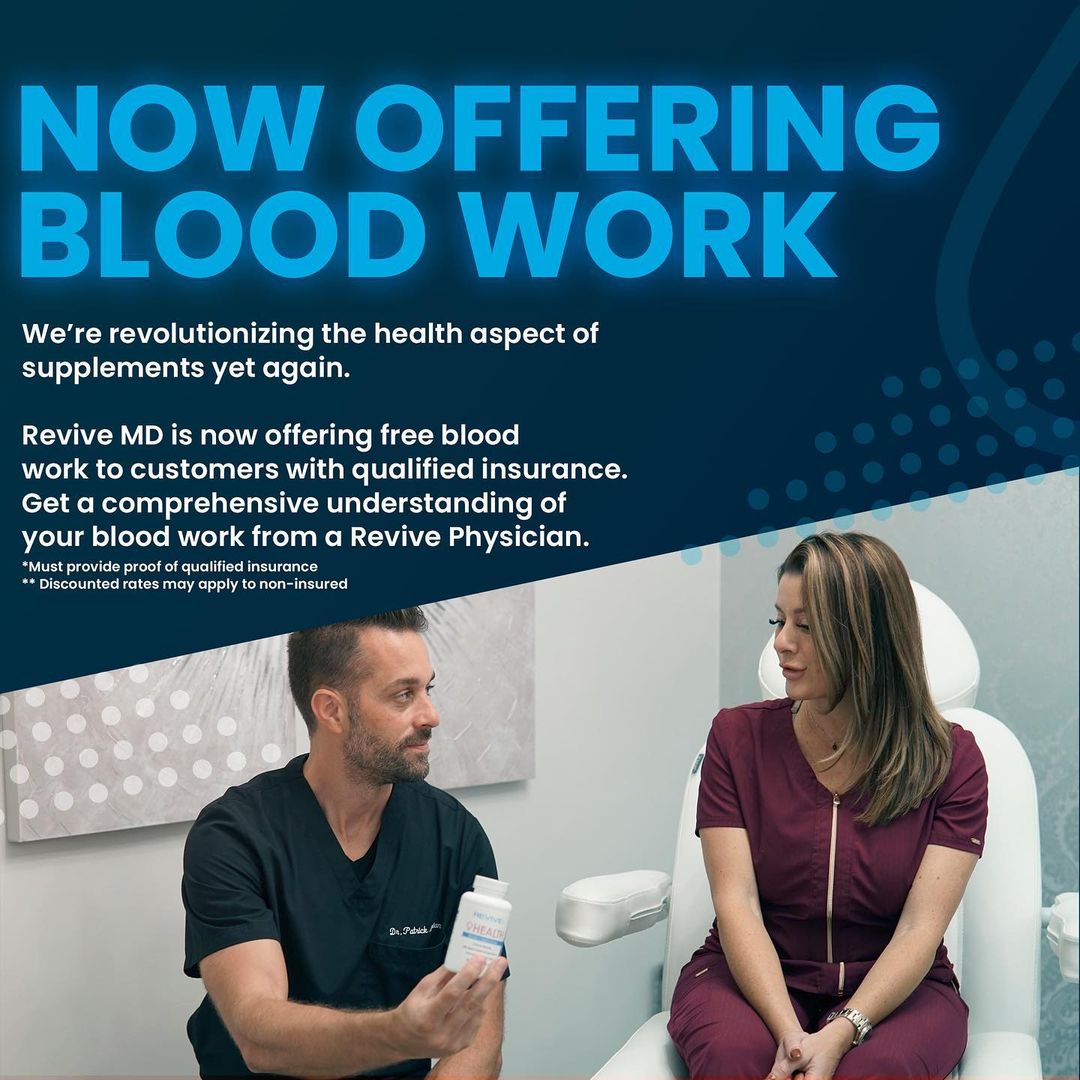


Comments and Discussion (Powered by the PricePlow Forum)